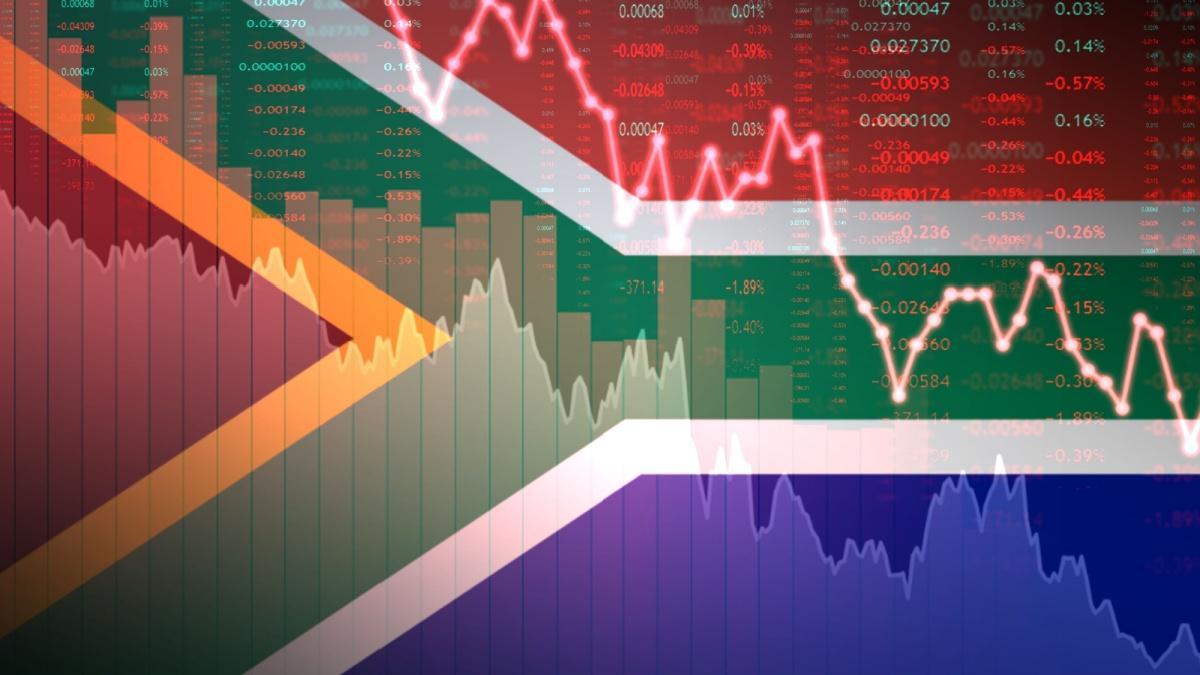Shaun Jacobs
Africa-Press – South-Africa. According to JSE data, foreign investors sold R3.4 billion worth of South African equities last week, bringing their total year-to-date sales to R94.8 billion.
This is nearly triple the value of shares sold by foreign investors during the same period last year, continuing a decade-long trend of investors taking money out of South African assets.
These sales come a week after foreign investors dumped R13.6 billion worth of local stocks in just five days as fears rose that the Government of National Unity (GNU) would fall apart.
Fears of the GNU’s collapse stem from passing the fiscal framework on 2 April 2025 without support from the Democratic Alliance (DA).
Tensions within the GNU were already high because of disagreement over a series of contentious laws, such as the National Health Insurance (NHI) Act and the BELA Bill.
The DA has taken the passage of the fiscal framework to court, saying it was unprocedural and has held several discussions regarding its future in the GNU.
On the other hand, some members of the ANC think the DA should be punished for not supporting the budget and have called for a reduction in the number of ministries or the booting of the party from the GNU altogether.
The potential for the GNU to collapse has spooked foreign investors who had begun to reconsider South African assets due to its declining risk premium and potential for faster economic growth.
This has been coupled with elevated global uncertainty created by the United States imposing import tariffs into the world’s largest economy.
Investors tend to flock to safe-haven assets amid periods of uncertainty, and, as a result, they dump riskier emerging market assets, such as South African stocks.
So far, global investors have turned to ‘hard’ assets in the form of gold and extremely stable financial assets, with the Swiss franc appreciating significantly.
The extent of foreign selling of JSE-listed equities over the past two weeks can be seen in the table below, compiled using data from the JSE.
MeasureWeek to 4 AprilWeek to 11 AprilYear-to-date 2025Year-to-date 2024SalesR31.2 billionR29.1 billionR326.2 billionR227.6 billionPurchasesR17.6 billionR25.6 billionR231.4 billionR191.6 billionNet salesR13.6 billionR3.47 billionR94.8 billionR36 billion
South Africa’s poor fundamentals
Foreign investors have been net sellers of local assets for the past decade, with some estimating that they have sold over R1 trillion worth of equities.
This is primarily due to the country’s declining economic performance, deteriorating state finances, and political uncertainty.
Stanlib economist Kevin Lings explained that foreign investment can be seen as an indication of a country’s economic fortunes.
Increasing foreign investment tends to indicate better economic performance and can create a positive feedback loop: Strong economic growth results in increased investment, which, in turn, drives further growth.
In the past decade, the opposite has been true, with the local economy only growing at an average annual rate of 0.8% while South Africa’s population has grown at 1.6% per year.
This meant that South Africans, on average, got steadily poorer over the last ten years, significantly impacting consumer confidence and spending.
More fundamentally, this slow growth limits the earnings potential of South African companies and, thus, the returns they can provide investors.
As a result, the JSE All Share Index’s returns have barely beaten inflation over the past decade, making it a highly unattractive place for investors to allocate capital.
“The persistent sell-off by non-residents reflected continued global risk aversion due to, among other factors, ongoing geopolitical tensions, uncertainty around US tariffs, and China’s economic slowdown,” the Reserve Bank said.
“The biggest drivers behind foreigners selling indicate a general decline in investor sentiment toward emerging markets and weak domestic economic growth.”
In this context, Lings said it is difficult to sell South African equities to clients. Even since the formation of the GNU, foreigners have continued to sell local equities every month.
This trend has continued in 2025, with foreigners being net sellers of local equities for the first few months of the year. The graph below displays this.
Source: dailyinvestor
For More News And Analysis About South-Africa Follow Africa-Press






